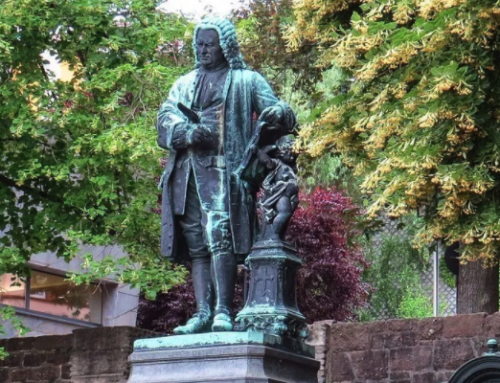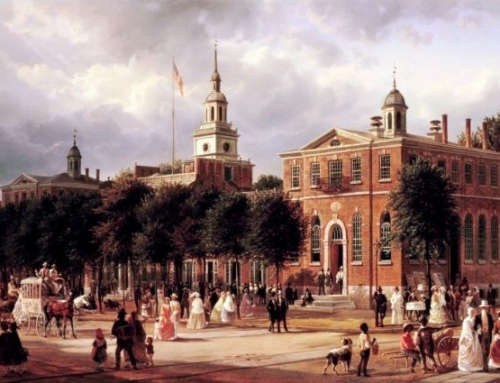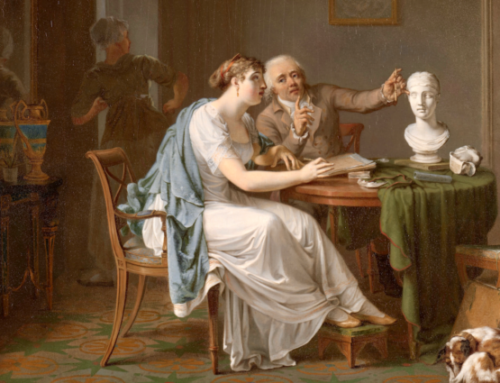 I find in the Universe so many forms of order, organization, system, law and adjustment of means to ends, that I believe in a cosmic intelligence and I conceive God as the life, mind, order and law of the world.
I find in the Universe so many forms of order, organization, system, law and adjustment of means to ends, that I believe in a cosmic intelligence and I conceive God as the life, mind, order and law of the world.
I do not understand my God, and I find in nature and history many instances of apparent evil, disorder, cruelty and aimlessness. But I realize that I see these with a very limited vision and that they might appear quite otherwise from a cosmic point of view. How can an infinitesimal part of the universe understand the whole? We are drops of water trying to understand the sea.
I believe that I am the product of a natural evolution. The logic of evolution seems to compel determinism, but I cannot overcome my direct consciousness of a limited freedom of will. I believe that if I could see any form of matter from within as I can see myself through introspection, I should find in all forms of matter something akin to what in ourselves is mind and freedom. I define “virtue” as any quality that makes for survival, but as the survival of the group is more important than the survival of the average individual, the highest virtues are those that make for group survival: love, sympathy, kindliness, cooperation. If my life lived up to my ideals I would combine the ethics of Confucius and Christ; the virtues of a developing individual with those of a member of a group.
I was a Socialist in my youth and sympathized with the Soviet regime until I visited Russia in 1932. What I saw there led me to deprecate the extension of that system to any other land. Experience and history have taught me the instinctive basis and economic necessity of competition and private property. I’m not so fanatical a worshipper of liberty as some of my radical or conservative friends; when liberty exceeds intelligence it begets chaos; which begets dictatorship. We had too much economic liberty in the later nineteenth century due to our free land and our relative exemption from external danger. We have too much moral liberty today, due to increasing wealth and diminishing religious belief. The age of liberty is ending under the pressure of external dangers; the freedom of the part varies with the security of the whole.
I do not resent the conflicts and difficulties of life. In my case, they have been far outweighed by good fortune, reasonable health, loyal friends and a happy family life. I have met so many good people that I have almost lost my faith in the wickedness of mankind.
I suspect that when I die I shall be dead. I would look upon endless existence as a curse as did the Flying Dutchman and the Wandering Jew. Death is life’s greatest invention; perpetually replacing the worn with the new. And after twenty volumes, it will be sweet to sleep.
From the record, This I Believe, edited by William Morrow as found at Will Durant Foundation.
The Imaginative Conservative applies the principle of appreciation to the discussion of culture and politics—we approach dialogue with magnanimity rather than with mere civility. Will you help us remain a refreshing oasis in the increasingly contentious arena of modern discourse? Please consider donating now.
We hope you will join us in The Imaginative Conservative community. The Imaginative Conservative is an online journal for those who seek the True, the Good, and the Beautiful. We address culture, liberal learning, politics, political economy, literature, the arts and the American Republic in the tradition of Russell Kirk, T.S. Eliot, Edmund Burke, Irving Babbitt, Wilhelm Roepke, Robert Nisbet, Richard Weaver, M.E. Bradford, Eric Voegelin, Christopher Dawson, Paul Elmer More, and other leaders of Imaginative Conservatism. Some conservatives may look at the state of Western culture and the American Republic and see a huge dark cloud which seems ready to unleash a storm that may well wash away what we most treasure of our inherited ways. Others focus on the silver lining which may be found in the next generation of traditional conservatives who have been inspired by Dr. Kirk and his like. We hope that The Imaginative Conservative answers T.S. Eliot’s call to “redeem the time, redeem the dream.” The Imaginative Conservative offers to our families, our communities, and the Republic, a conservatism of hope, grace, charity, gratitude, and prayer.
The featured image is courtesy of Pixabay.







Leave A Comment